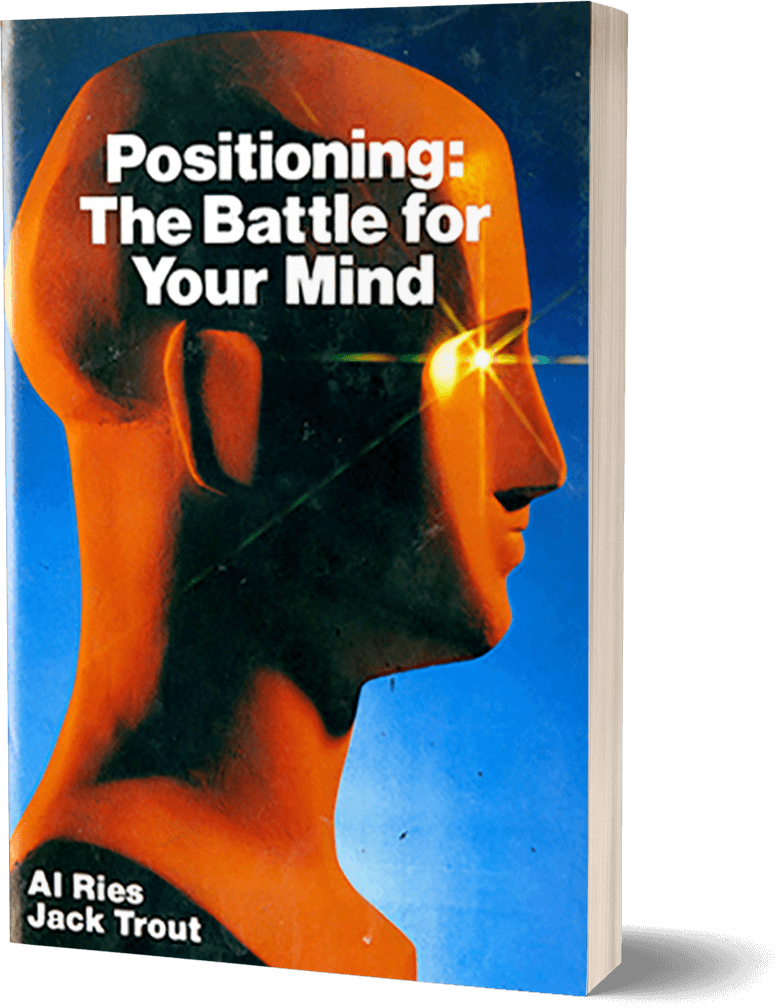
It’s a funny thing about this blog. As many of you know, I’ve been at it a very long time – more than two decades actually – more than many of you have worked in the radio business. So on #Throwback Thursday when I poke around the archives for a post from the past, it’s always something of an adventure.
And the further back you go, frankly, the weirder it gets. Today’s blast from the JacoBLOG past is a trip further in reverse than usual – nine years to be exact, all the way back to this month in 2016. Think about who you were and what you were doing almost a decade ago and chances are, you’re a different person (to some degree) and perhaps doing something or living somewhere different. Add to that the societal changes during that time – including a global pandemic, political upheaval, the mass impact of AI, and whatever you think is going on right now. Hopefully, I’ve made my point.
When I read posts from 2016 to find just the right one for today, I’m always on “cringe alert,” wondering how dated or just dumb something I wrote back then fits into the context of today’s radio industry and today’s world. As I reread this post, I was pleased the philosophy I was espousing back then holds up pretty well in today’s hyper-competitive, less forgiving media environment. And since 2016, there have only been exponentially more choices for beleaguered consumers. I rest my case.
One other benefit from traveling this far back in time? The posts are likely to be shorter (more succinct?) than today’s typical entries. I don’t know what this says about my writing style today, particularly in lieu of deteriorating attention spans.
Meantime, you’re a busy person. Thanks for reading today’s – er, yesterday’s – post, and I hope it lands for you. – FJ
May 2016
If you first got into radio in the ‘80s, you learned about positioning. The “bible” was a little book by Al Ries and Jack Trout, Positioning: The Battle for Your Mind.
In recent years, new marketing gurus have emerged on the scene, often with a very different take. But a recent article in Advertising Age by Al Ries reminded me why I gravitated to this guy back in the days before there were smartphones and “Like pages.” His thoughts in “Being Customer Oriented Isn’t the Best Marketing Strategy” grabs you from the get-go.
guy back in the days before there were smartphones and “Like pages.” His thoughts in “Being Customer Oriented Isn’t the Best Marketing Strategy” grabs you from the get-go.
Ries’ take is that a focus on what the customer wants via research like focus groups or quantitative studies hurls you into the same path where everyone else is located. His premise is that most people will tell you they’re satisfied with the current offerings, but simply desire cheaper versions – whether we’re talking cars, tablets, or leaf blowers.
But that thinking puts marketers in a position where they end up going head-to-head against a category leader. And that is not usually the smartest place to go. For example, ask people about their eCommerce preferences, and they’ll tell you they want variety and choice, ease of shopping, reliable service, fast delivery and the lowest possible price.
But is that a winning formula for competing against Amazon? And why would most consumers switch away from the brand in which they’ve invested in a service like Amazon Prime, while enjoying pretty strong customer service over these past several years? Most Amazon customers aren’t shopping for another service that’s similar but cheaper.
Ries posits that the contrarian approach is almost always the way to go. The way you compete against brand and market leaders isn’t by copying them or undercutting them, but by truly being different. That’s also the way you gain attention in an increasingly crowded media environment.
And when you look at some of the most successful endeavors in the radio business, they often bear little resemblance to what was already leading the market.

Howard Stern didn’t become famous because he sounded like a “Morning Zoo.” That position was already taken in the market. He had to be different in order to stand out.
Classic Rock sounded nothing like the other Rock stations on the air back in the ‘80s. It staked out very different musical turf and played by a different set of rules.
Rush Limbaugh took a completely different approach to all those other talk shows. He was about entertainment value and being bombastic.
All-Christmas Music stations took the plunge and created a music stunt that has proved impossible to beat every fourth quarter. But they had to do it by breaking format.
Serial is a podcast that sounded unlike any other podcast that came before it. And another of its key differences was that it was a story with a beginning, middle, and an end.
If you “do different” right, you might end up not just being successful, but creating an entirely new category.
For inspiration, the radio documentary “I Am What I Play” by Roger King profiles four iconic DJs who became stars – not by sounding like everyone else, but by being different. Charles Laquidara, Meg Griffin, David Marsden, and Pat O’Day all made names for themselves by celebrating their difference on and off the air.
Skeptics might say these radio innovations are difficult to create, market, launch, nurture, and develop – and of course, they’re right. The road to being different is often filled with speed bumps and skeptics.
Your strength is very likely your difference. But it’s not easy to come up with a format with legs, a syndicated show that can go the distance, or even a benchmark bit that can thrive for years and generate daily tune-in.
But when you decide to take on that big Country station in town or launch a morning show up against the market leader, you’d better have a “difference design” that separates you from what listeners are already enjoying.
Most listeners are not in the market for a new radio station or a new morning show.
Unless, of course, you’re different.
Make a difference.
Postscript: A happy, healthy 40th birthday to the earlier mentioned WMMQ in Lansing, Michigan. They were my first FM Classic Rock client, the station that started that powerful ball rolling. I recently spoke to PD Jonathan Ruppel about the good old days and the amazing run they’ve had in recent years under Townsquare’s ownership umbrella. I’m proud of my pioneering experience with WMMQ, and thank everyone who’s been associated with this station over the decades. – FJ
- To Win In Radio, Make A Difference - May 22, 2025
- Turn Up The Radio (If You Can Find It) - May 21, 2025
- Who At Your Station Would The Audience Like To Have A Beer With? - May 20, 2025





Listeners hear the “Difference!” Thank you, Fred.
Radio is an art form. Not a jukebox.